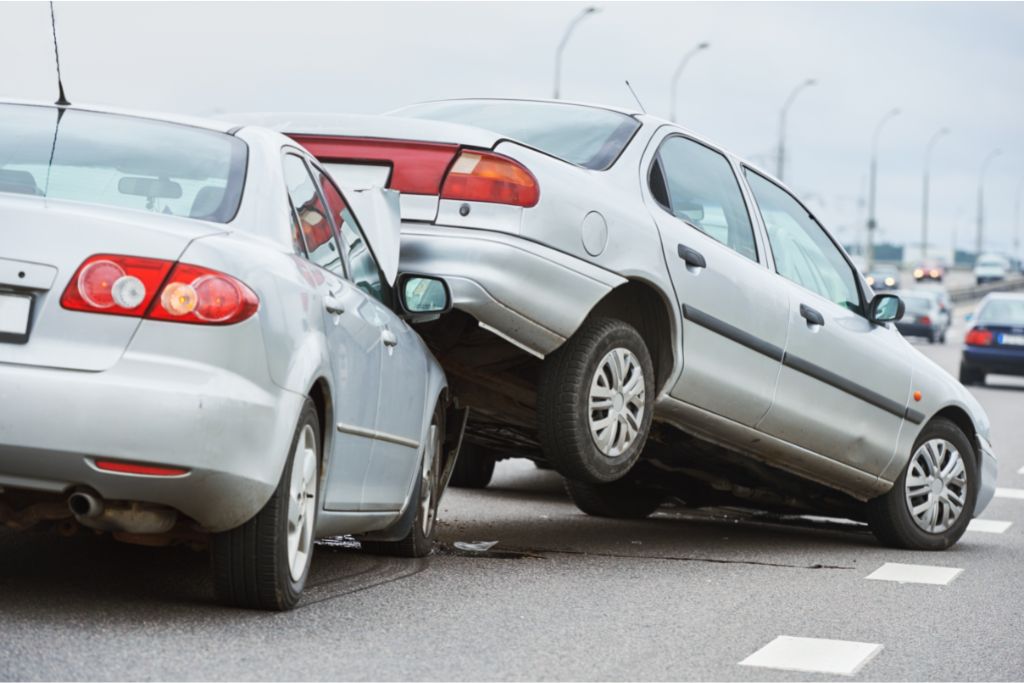When it comes to auto accidents, one of the first things that many drivers consider is whether they are at fault for the crash, as well as what consequences will follow if they are found to be at fault. California is one of 38 states without a no-fault system, meaning that whoever caused the accident will be liable for the costs of the losses. Drivers must understand how this affects auto accidents and them personally in the case of a collision. These rules vary state-by-state, and understanding California’s specific regulations is essential for the state’s drivers. You may save time and money by being knowledgeable about the laws governing car accidents in California, two items that are in short supply for people who have recently been in an accident.
What Is the Difference Between a Fault and No-Fault State?
When involved in an auto accident, determining the parties at fault is the first step that you should take, along with any other drivers involved and the police. Identifying who is at fault is the biggest factor in determining the outcome of an accident and helps put the situation into perspective. This is especially true in cases of reckless driving or road rage. No car accident happens miraculously, and working out the details behind the collision is crucial before any insurance claims are made. Depending on whether your state is a fault or no-fault state, filing insurance claims can vary, and the breakdown for each situation is as follows:
- Fault State: In a fault state, once the person solely responsible for the accident is determined, all drivers involved in the crash will submit a claim with that person’s insurance, and they will be the ones at fault for any damages caused in the crash. For example, if you are at fault for a collision involving three people, all three of you would file a claim with your insurance provider. Each of these claims can include property and auto damage along with medical bills. Once the other drivers can prove that you are at fault for the accident, you will be made liable and will have to pay for these accidents.
- No-Fault State: Each person involved in the accident will make a claim with their insurance companies rather than relying on a designated person at fault for the collision. Keeping with the same example above, all three of the drivers involved in the accident would file a claim with their own insurance companies. In these circumstances, the judicial procedure is frequently expedited and is less involved, but people who were not at fault are required to fill out more claims and get more involved with the case. Many no-fault states have higher vehicle insurance premiums because your insurance company is obligated to pay regardless of your accident history.
Because California is a fault state, the guilty party in an accident will need to be identified before moving forward with any legal proceedings. Once that is determined, all other drivers involved will file with the at-fault driver’s insurance. If you are proven to be at fault based on evidence from the other parties, your insurance will need to cover the cost of any damages or injuries caused by your accident. Depending on how agreeable the driver at fault is and how easy it is to determine the facts of the case, it can result in lengthy deliberations.
FAQs
Q: What Happens If I’m at Fault in a Car Accident in California?
A: California is a fault state, meaning that the person who caused the car accident, and is labeled as being at fault, is liable for any injuries sustained by anyone involved in the crash. If you are found to be at fault for an accident, your insurance provider would get a claim from the other driver or drivers, and you or your auto insurance would cover any damages caused by the accident.
Q: How Long Does an At-Fault Accident Stay on Your Record in California?
A: Depending on factors like damages, injury, and materials involved, collisions are typically listed on your record for three years from the date of the accident. A collision will be reported 10 years after the collision date if it was written by the police and the record includes a hazardous materials indicator or a commercial vehicle. If you also have a DUI at the time of the accident, it may result in harsher legal consequences than a typical accident.
Q: Does Insurance Pay Out If an Accident Is Your Fault?
A: Injured accident victims in California are entitled to compensation from the negligent driver, covering personal damages and medical bills alike. Starting an insurance claim with the motor insurance provider of the at-fault driver is the first step in the reimbursement process. This is when you will need a car accident attorney, because uncooperative insurance companies and drivers who refuse to admit fault for an accident can lead to lengthy proceedings.
Q: Should I Get a Lawyer for a Car Accident That Was My Fault in California?
A: You probably do not need a personal injury lawyer if you caused the vehicle collision, as your claim won’t be against anyone else if you were the one who caused the accident and got hurt. Your insurance provider is obligated to hire a lawyer for you and represent you in this situation. As with any legal situation, finding a good lawyer to help with your case is crucial for working through these proceedings.
Finding Legal Help for Your Collision
Getting into an auto accident is always stressful, especially for drivers who have reason to believe that they are at fault for the collision. California’s fault guidelines make the person named at fault for these collisions solely responsible for any fees generated by the other parties. Working with a lawyer during these deliberations is always a good choice.
Finding a Sacramento car accident attorney for these situations should be the least of your worries, and you should choose a firm you trust. At Guenard & Bozarth, LLP, our legal team can help you navigate your accident case. For more information, visit our website and contact us today.


